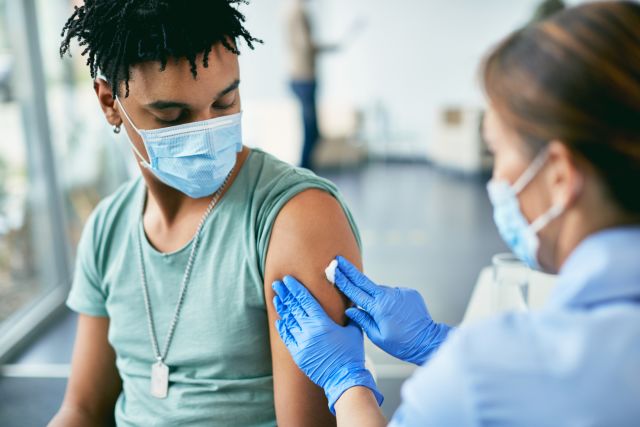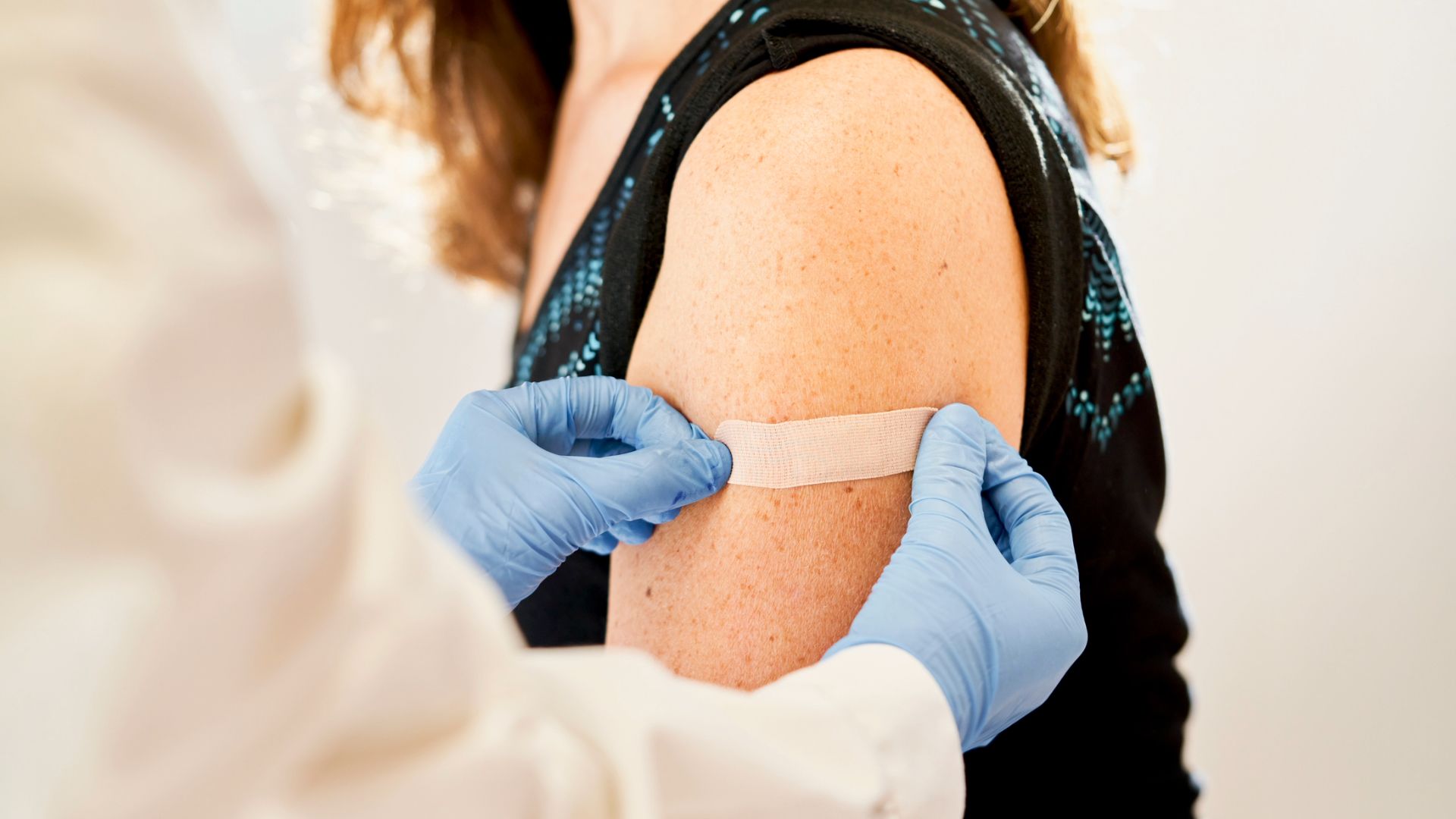Vaccinations remain the best option for protecting yourself against severe COVID-19, and to get the most protection, a person must receive all doses of their initial vaccine plus the recommended boosters. A booster is an additional dose of a vaccine that is given after the primary vaccination has been completed.
The options for boosters are somewhat limited at the moment, but these are expected to expand soon. Currently, the two mRNA vaccines (Moderna and Pfizer) are the only options for a booster dose for adults 18 and over. The protein-subunit vaccine (Novavax) has applied for emergency use authorization as a booster.
Here, we take a look at how vaccines work, why boosters will continue to be important for protecting against severe COVID-19, and your best source of information for staying up to date on COVID-19 vaccinations.
How vaccines work
To understand how boosters protect a person from severe illness, it helps to quickly review how vaccines work.
While different vaccines utilize different mechanisms and technology to protect against different diseases, the basic idea behind any vaccine is the same—a vaccine teaches the immune system to make antibodies.
Antibodies are proteins that your body uses to fight off infectious agents and other foreign invaders (called antigens). Antibodies work by binding to the surface of an antigen, which allows them to be destroyed by immune cells called macrophages.
Antibodies are custom made for each situation. Antibodies that attach to a coronavirus will not attach to the bacteria that causes meningitis or the toxin that causes poison ivy.
When you get a vaccine, you are essentially giving your immune system a head start. Instead of waiting for the body to encounter a specific antigen, a vaccine will prompt the immune system to make antibodies that can be ready and waiting in case that antigen arrives.
Booster shots serve the same function as the initial doses of a vaccine—they prompt the immune system to make antibodies.
Lower immunity over time
There are several reasons why boosters are currently recommended for the COVID-19 vaccine and why they will continue to be important in the future.
One is that the immunity provided by a vaccine decreases over time. This is true for antibodies that result from a vaccine as well as antibodies that result from a previous COVID-19 infection. As the name implies, a booster can help boost or maintain immunity.
Protection against variants
Variants are viruses that have undergone one or more genetic changes. In the case of the Omicron variant, these genetic changes make the virus better at evading existing antibodies and cause breakthrough infections. Vaccine makers are already updating vaccines to better target Omicron.
Lower rates of severe COVID-19
Data shows that people who have received booster doses of the COVID-19 vaccine have lower rates of severe illness, hospitalization, and death than people who have only received their initial series of doses.
Data also shows that people who have not received any doses of a COVID-19 vaccine are at a much higher risk of these severe outcomes.
Your best source of information
The timing and eligibility for boosters depends on a person’s age, if a person is immunocompromised, and what vaccines they received for their initial vaccination. The Centers for Disease Control and Prevention maintain up-to-date recommendations for vaccinations and boosters.
Of course, if you have concerns or questions about getting vaccinated or getting a booster, a healthcare provider will be your best source of information.






